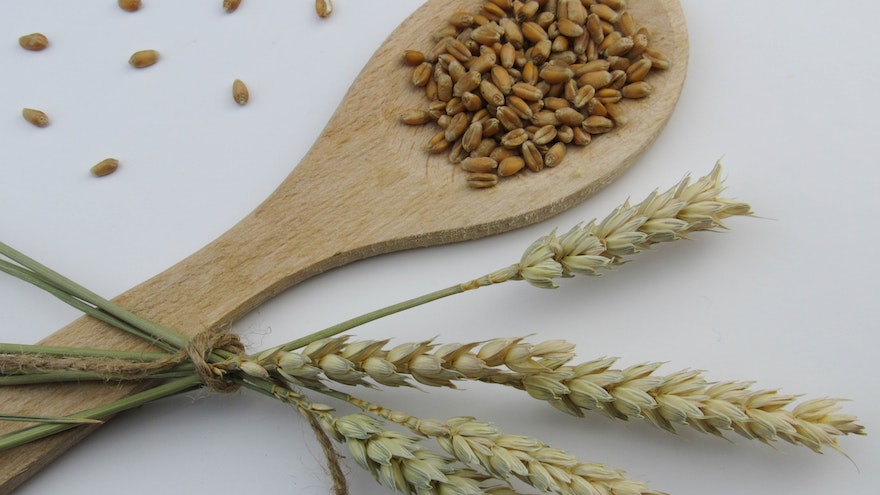Prebiotics are a type of dietary fiber that are not digested by the human body, but are fermented by the beneficial bacteria in the gut. These fibers have been shown to have a positive impact on overall digestive health, as well as a number of other health benefits. In this article, we will discuss the benefits of prebiotics for digestive health and the best sources of prebiotics.
What are Prebiotics?
Prebiotics are non-digestible carbohydrates that are fermented by the beneficial bacteria in the gut. They are found in a variety of foods, such as fruits, vegetables, whole grains, and legumes. Some examples of prebiotics include inulin, oligofructose, and resistant starch.
Benefits of Prebiotics for Digestive Health
One of the main benefits of prebiotics is that they help to promote the growth of beneficial bacteria in the gut. These beneficial bacteria, also known as probiotics, play a key role in maintaining a healthy gut microbiome. A healthy gut microbiome is essential for proper digestion and absorption of nutrients, as well as for overall health and well-being.
Prebiotics have also been shown to improve the symptoms of constipation, diarrhea, and other digestive disorders. They do this by increasing the bulk of the stool and promoting regular bowel movements. In addition, prebiotics have been shown to reduce the risk of colon cancer and other inflammatory bowel diseases.
Another benefit of prebiotics is that they help to improve the overall health of the gut lining. This is important as a healthy gut lining is essential for proper digestion and absorption of nutrients. Prebiotics have also been shown to reduce inflammation in the gut, which can help to prevent the development of chronic diseases such as heart disease and diabetes.
Best Sources of Prebiotics
There are a number of foods that are rich in prebiotics. Some of the best sources include:
- Bananas
- Garlic
- Onions
- Leeks
- Asparagus
- Jerusalem artichokes
- Chicory root
- Whole grains
- Legumes
- Flaxseeds

It is important to note that while these foods are good sources of prebiotics, it is still important to consume a varied diet in order to get the most benefits. In addition, it is also important to consume prebiotics in moderation as overconsumption can cause bloating, gas, and other digestive issues.
How to Incorporate Prebiotics into Your Diet
Incorporating prebiotics into your diet is easy. Start by adding more fruits, vegetables, whole grains, and legumes to your meals. You can also try using prebiotic-rich ingredients in your cooking, such as garlic and onions in soups and stews, or asparagus and leeks as a side dish.
In addition to adding prebiotics to your diet through food, you can also take prebiotic supplements. These supplements are available in a variety of forms, such as powders, capsules, and gummies. It is important to speak with a healthcare provider before taking any supplements, as some may interact with medications or have negative side effects.
Prebiotics and Probiotics: A Perfect Pair
Prebiotics and probiotics work together to promote a healthy gut microbiome. Probiotics are live microorganisms that are similar to the beneficial bacteria found in the gut. They are found in fermented foods such as yogurt, kefir, and sauerkraut.
Related:
When prebiotics and probiotics are consumed together, they can have a synergistic effect on gut health. The prebiotics provide food for the probiotics, allowing them to thrive and colonize the gut. This helps to maintain a healthy balance of gut bacteria, which is essential for proper digestion and overall health.
To further improve your gut health, you can download our free gut health guide, and try a free 3-day supply of our probiotic green juice called Life Greens, which contains a combination of prebiotics and probiotics to help support a healthy gut microbiome.


